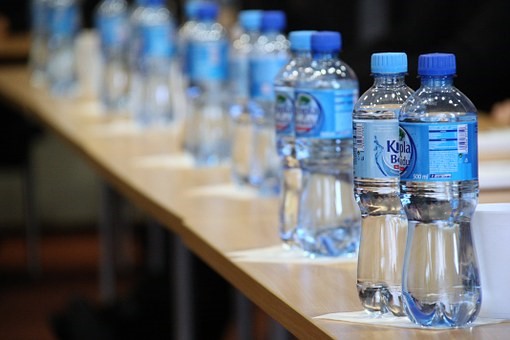Summer Water Conservation Made Easy!
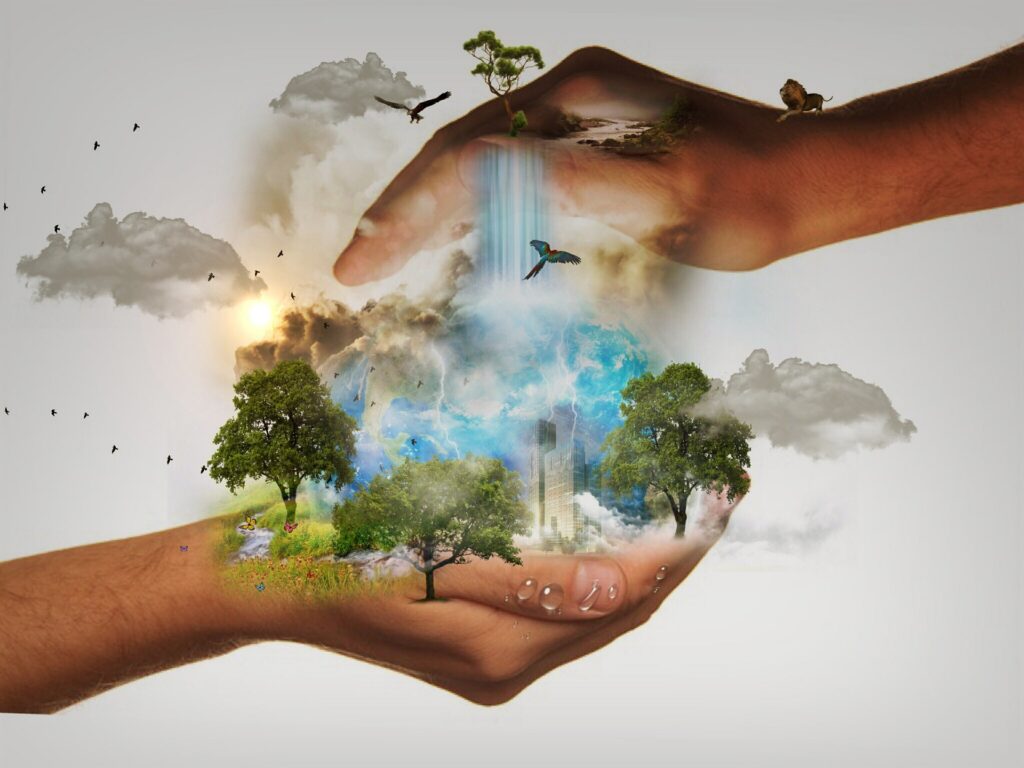
Saving water during the summer months (or anytime) is one of the best things you can do as a member of your community. During the summer, a family’s water use increases 25-50%, typically occurring outside. Here in California, we have seen firsthand just how important water conservation is during times of drought. But, saving water even when we are in a better place is an important way to protect the future.
Each decision we make, product we purchase, or shower we take is a chance to do our part and conserve water. We thought that in the midst of the temperatures heating up, we would share with you some of our favorite tips to save on water this summer. We hope you enjoy both the eco-friendly habits and the financial savings you may see, too!
How can I do my part with water conservation?
Habits are easy to make and hard to break! Follow these tips to change your habits and practice smart water usage.
Indoor Water Conservation Tips:
- Check for leaks on all faucets, pipes, hoses, couplings, and toilets. Did you know that even a small drip can waste up to 20 gallons of water per day? A faucet with two drips per minute? That ends up being 105 gallons of wasted water in just one year! Enjoy instant savings just from fixing a leak!
- Install a reverse osmosis system that is eco-friendly and efficient, known to waste less water than its competitors. Traditional reverse osmosis systems often waste water but our products use advanced technology to limit water waste!
- Install low flow showerheads. Low flow usually equates to 2.5 gallons less water used per minute.
- Insulate your water pipes or monitor your water heater condition. In doing so, you will get hot water faster and use/waste less water waiting for it to get hot.
- Limit the time in the shower. We could all cut back on the singing, soaking and rinsing. A 4-minute shower alone can use up to 40 gallons.
- Use your dishwasher and your washing machine for full loads only. Limiting the number of cycles also limits the amount of water you’re using.
- Use the kitchen sink garbage disposal ONLY if necessary.
- If you tend to wash dishes by hand, don’t leave the water running for rinsing as you wash.
Outdoor Water Conservation Tips:
- Water your lawn ONLY when you need to. (You can actually step on it to test it – if it springs back up, you don’t need to water.)
- Know the right times to water your lawn, plants and flowers – the early parts of the day or later in the evening are best. And, avoid watering when windy. Preventing water loss due to evaporation is key.
- Don’t run the hose while you’re washing your car. Even better – try a car wash that recycles the water.
- You can water your plants and flowers using water caught during the shower in a bucket or such.
- Mulching around your plants can help to retain a ton of moisture (and saves time weeding).
- Adjust sprinklers so they’re hitting just the lawn and plants, not the house, street or sidewalk.
- Check outdoor faucets and hoses for leaks, too.
- Choose to clean your walkways, patios and driveways with a broom rather than hosing them down.
- Cool off with a sprinkler where the lawn could use watering and kill two birds with one stone.
Following the tips above will help you with your water conservation efforts all summer long. For year round water savings, contact us to learn more about our eco-friendly water treatment options!


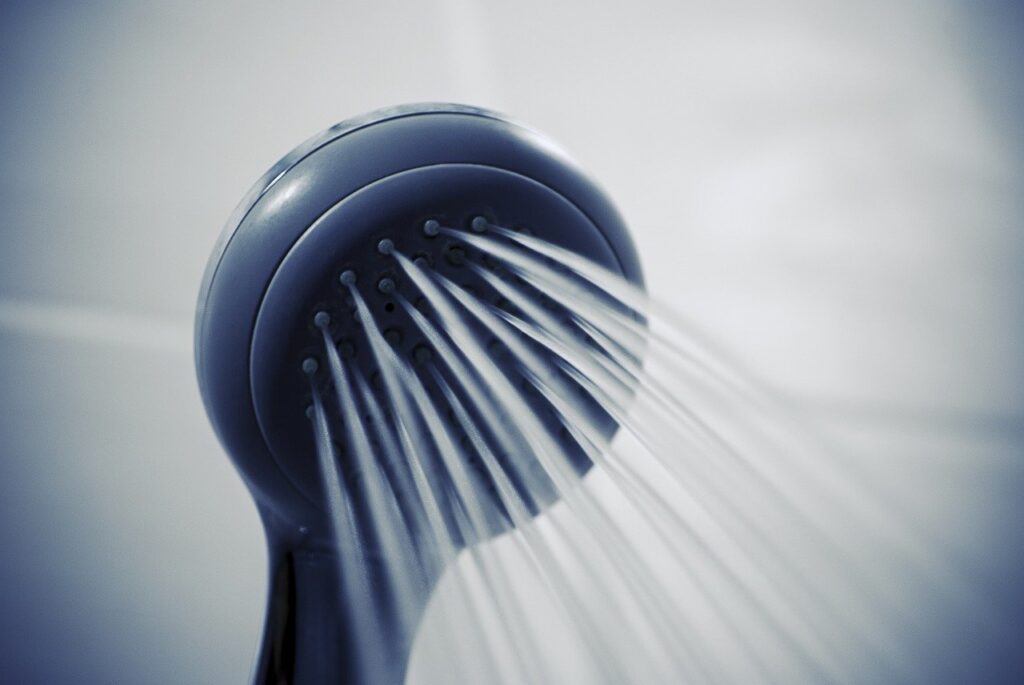


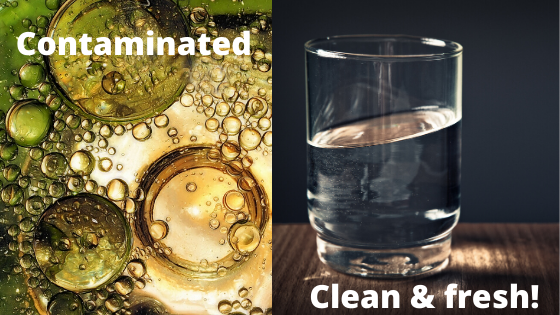
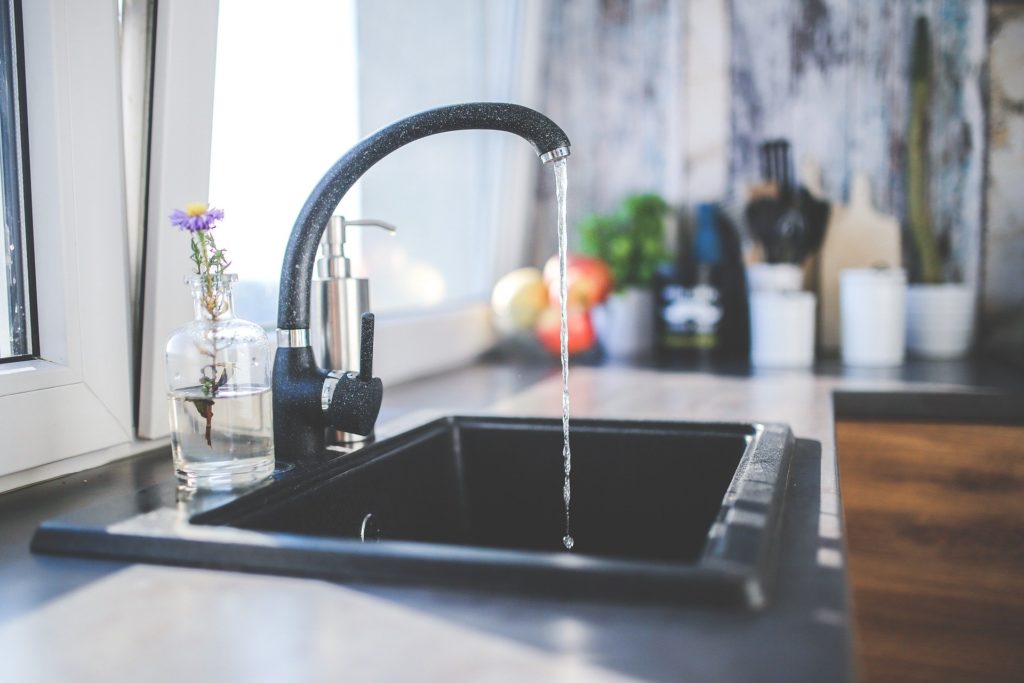


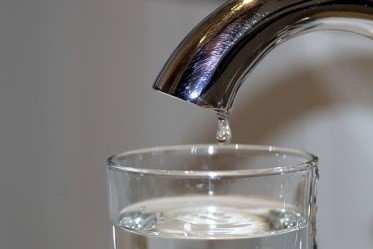 You’ve probably heard the old saying “you are what you eat.” It seems logical – eat fattening foods, you get fat. Eat healthy foods, you get healthy … simple enough. Here’s another saying that’s true … “you are what you drink.” Drink clean, safe water and you get or stay healthy. Drink contaminated water, and you get … well, contaminated!
You’ve probably heard the old saying “you are what you eat.” It seems logical – eat fattening foods, you get fat. Eat healthy foods, you get healthy … simple enough. Here’s another saying that’s true … “you are what you drink.” Drink clean, safe water and you get or stay healthy. Drink contaminated water, and you get … well, contaminated!